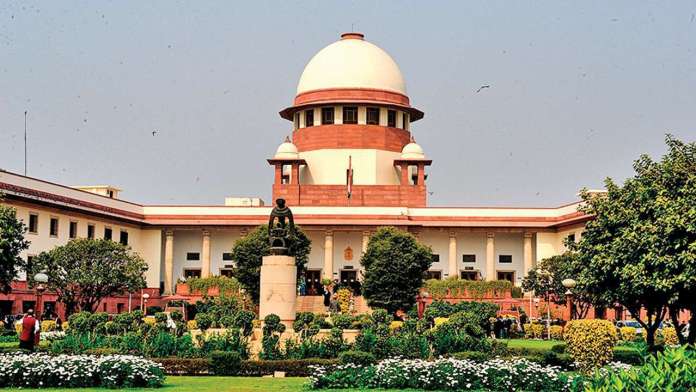Arham Jain
Introduction
Environment has been a crucial issue in India since independence. In order to achieve the development, we undermine the environment. There are various cases, in the form of Public Interest Litigation, filed before the Supreme Court of India and High Courts to stop the environment degradation in the light of development and give some guidelines which work as precedent in similar cases in future.
Key Provisions
Article 21 of Indian Constitution and Environmental laws of India.
Facts of the Case
Due to deteriorating condition of environment and sanitation in Delhi, Dr. B.L. Wadehra filed a public interest litigation before the Supreme Court against the Union of India and all the concerned authorities liable and accountable for the poor environmental condition in the city. The case mainly deals with the Article 21 of the Indian Constitution which ensures Right to clean environment by the government to its citizens and this right comes under, as part of Right to life. The petitioner raises concern over the poor waste disposal system, lack of basic sanitation services and the mismanagement by the municipal authorities in performing their duty and due to their negligence or ignorance the citizens have to face severe diseases.
Issues Raised
- Whether the state has violated Article 21 of Indian Constitution?
- Whether the applicability pf Article 21 which included right to clean environment is maintainable?
- Whether the judiciary can intervene in the process management of the executive?
- Whether the municipal authorities have acted negligently and risking the life of the citizens?
Contentions of the Parties
Petitioner
The petitioner stated that the municipal corporation lacked in their working and failed to perform their statutory bodies leading to environment degradation and risking of human life. He supported his argument by citing the Delhi Municipal Corporation Act, 1957. He also contended that the state even did not comply with the Directive Principle of State Policy Specifically Article 47 & 48A which directs the state to protect the environment and ensure public health. He added that the judicial intervention is necessary due to high intensity of offence.
Respondent
Acknowledging the allegations raised by petitioner, the respondents agreed that there is lack in the process but due to lack of resources and funding and they added that waste disposal and sanitation requires a systematic mechanism which cannot be build up due to lack of infrastructure. They also requested the judiciary not to intervene in the functioning and policy making of the executive.
Observation of Court
The Court noted that Right to Clean Environment comes under the ambit of Article 21, Right to Life and Personal Liberty and the failure to comply with this by the municipal bodies, directing their ignorance in ensuring a direct threat to the public at large. Also the Court noted that the municipal corporations have strict obligation because of the statutory duty i.e. Delhi Municipal Corporation Act and non-compliance with the act directs the failure of executive therefore the Judiciary can interfere. As examining the separation of powers under Indian Constitution the court can held liable to anyone who acted negligent especially with respect to fundamental rights. Therefore, the Judiciary gave strict guidelines and ensured that the executive followed it thoroughly. Also the Court discussed the state’s inability to provide proper sanitation, waste disposal and clogged drains.
Conclusion
Hence this case reinforced the principle of the Right to Environment to everyone and states under the statutory legislation have an obligation to follow and implement it. This case once again highlighted the Judicial intervention in the functioning of the executive. The Court upheld the importance of government’s accountability and liability in case of any wrong from their end, especially in matters of personal hygiene and public health.
Case Name- B.L. Wadehera v. Union of India
Petitioner- B.L. Wadehra
Respondent- Union of India
Citation- 1996 SCC (2) 594
Bench- Justices Kuldip Singh and Ahmad Saghir
Date of Judgement- 1 March 1996
Instagram: Click here.
LinkedIn: Click here.
For Collaboration and Business: info.desikaanoon@gmail.com

